The content of the article
Everyone knows that rams are distinguished by their particular stubbornness and desire to move forward. The most popular among them is the Altai mountain sheep.
It is noteworthy that representatives of this breed are the largest in size from subspecies of Arkhar. There are practically no pure representatives in nature. The economy today uses their hybrids with sheep.
Security
Since there are very few representatives of the breed in nature, they belong to the first category, and are strictly protected. They were inscribed in the Red Book in Soviet times. But even today these animals are on the verge of extinction.
Description
Individuals have a different color, which changes seasonally. By autumn, the color of the coat of these animals turns brown, by the spring it becomes lighter, gray and reddish tones are present in the coloration.
In this wild ram on the stomach and back, the coat is usually somewhat lighter. Most often it is white or gray, but there are also reddish blotches. According to experts, in old animals the shade is always darker than in young ones.
In summer, their fur sheds, while often changing color from white to reddish. During this period, their skin is very itchy, so animals can be aggressive.
Habitat
Today, they can be seen only in 3 small areas located in different places on our planet. All these territories are under vigilant guard.
- This is a territory located on the border of China with Mongolia.
- On the small ridge Saylyugem.
- Another place is located in the Chulyshman mountains.
The natural habitat for the Altai sheep is the steep slopes of the mountains, as well as the mountain steppe. Sometimes people notice them over the sea slopes at an altitude of several kilometers. Sheep prefer to live on high rocks.
From plants, they are very fond of willows and birches. But where these sheep live, birch trees are almost gone, as they were eaten. Today, in the territories where Altai sheep live, various cereal crops (small grasses, legumes, etc.) grow. It is these wild animals that feed on them. In the heat, they eat food several times a day, but they come to a watering hole only once every few days.
Number
By the end of the 18th century, these wild rams could be found on the Tigiretsky ridge, as well as in the mountains nearby. At the beginning of the next century, it was claimed that they live in the mountains near the Argut River Valley, as well as on the Chulfman Plateau.
At the turn of the 19th and 20th centuries, researchers claimed that the rams again moved to a new place. Now they were seen on Sayulugem. The number decreased significantly from 600 to 230 individuals. In 1995, there were 320 representatives.
Limiting factors
- Experts believe that, first of all, the number and distribution of Altai sheep is affected by crowding out other animals from their habitat. In the mountains there are many yaks and goats that occupy pastures. As a result, they push the sheep too high into the mountains, where they have no opportunity to find food.
- Another important factor that reduces the number of Altai sheep is fierce poaching, which reaches considerable proportions. Animals have been protected by law for many years, but this does not stop many. In an effort to cash in, poachers track sheep across all habitats. Unfortunately, the authorities are not always able to fight this destructive phenomenon for nature.
- In addition, there is another factor that affects the number of individuals. People cannot influence him in any way. These are weather conditions. Over the past 20-30 years, weather conditions have made it very difficult for wild sheep to survive. From adverse weather conditions today, a large number of animals die. This is especially pronounced in the winter. It is becoming increasingly difficult for rams to find food for themselves, as a result of which they become weak and cannot overcome steep slopes. In the middle of winter, they begin to die.
All these reasons may soon lead to the fact that Altai sheep completely disappear.
Breeding
A case was recorded when a ram kept in captivity lived for about 6 years. It was on the territory of Russia in one of the biological institutes.
Keep these animals as close as possible to their natural environment. They need to create favorable conditions, to properly care.
As a rule, mountain sheep form a large herd. Females, as a rule, walk alone, and males move in such a way as to protect offspring and females in case of danger.
Breeding
Mating occurs in November. Pregnancy lasts about 5 months. And at the beginning of May 1 lamb is born. Immediately after birth, they can stand and walk.
Altai mountain sheep is a unique animal, which, unfortunately, can completely disappear.
Video: Altai mountain ram (Ovis ammon ammon)




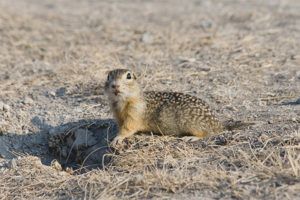

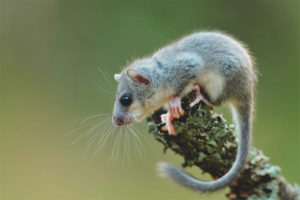
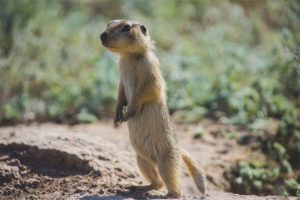
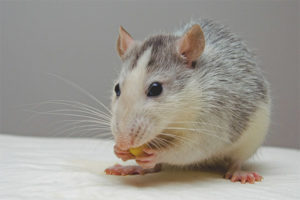
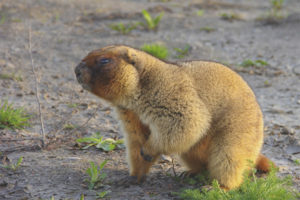
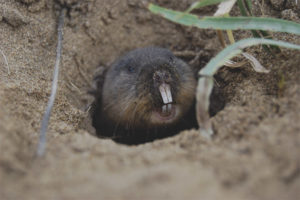
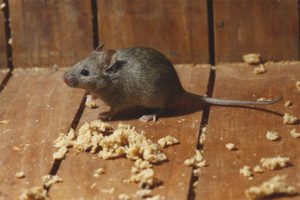
Submit